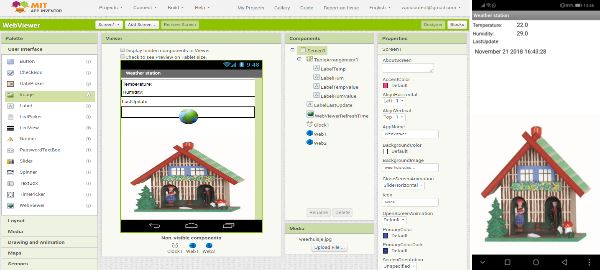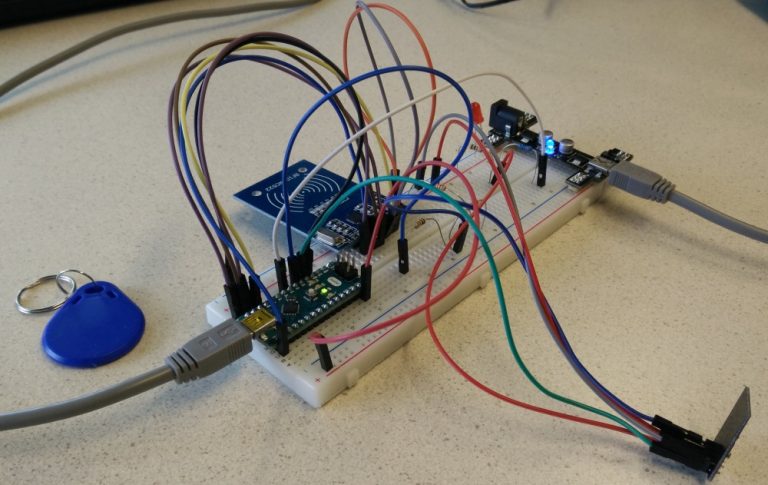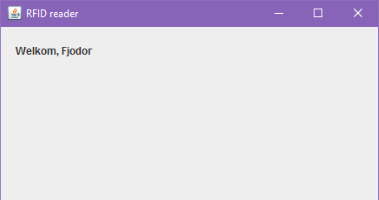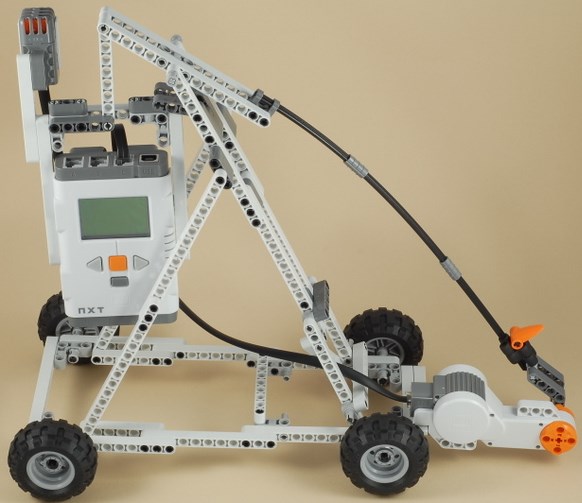Build an App with App Inventor which can display values of a connected sensor

This tutorial describes how to Use App Inventor to build an App which can read the online values of a connected sensor. For this, it uses a WebViewer Component and a Clock to refresh values. This is part 2 of…




